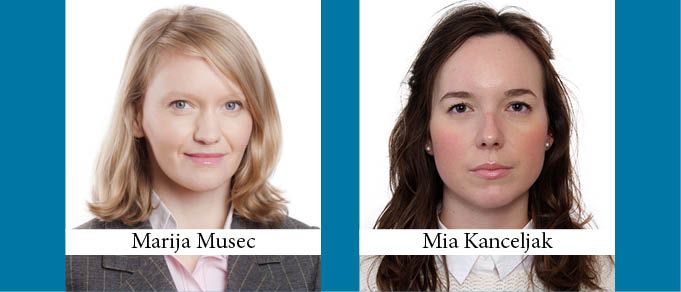Croatia stands among the highest ranked countries when it comes to the compliance of its PPP legislative framework with international standards. Reports issued by international institutions such as the EBRD and the EIB have praised Croatia for its elaborate legal framework, strong institutional capacities, transparent procurement practices, easy access to justice (including arbitration), and a range of security instruments facilitating financing.
Public Private Partnership Projects in Bosnia and Herzegovina
The constitutional and legislative structure of Bosnia and Herzegovina (BiH) is complex since it is composed of two entities – the Republic of Srpska (RS) and the Federation of Bosnia and Herzegovina (FBiH) – and Brcko District (BD) as a separate unit, and the legislation is adopted on the state level, entity level, and – in FBiH – on the cantonal level. This means that in BiH as such there is no unified Law on PPP, but rather 12 laws on PPP. While the RS and BD adopted their PPP laws in 2013 and 2010, the FBiH drafted a Law on PPP in 2009 which remains in the adoption process. In addition, the cantons in the FBiH have their own set of PPP laws.
Ukrainian Sea Ports Attract Investors
The Ukrainian government has declared its intention to implement the success story of European countries in the sphere of public-private partnerships. In order to implement those ambitious plans the government has established a Project Office for PPP to work closely with international investors and lobby for relevant legislative improvements.
Investing in Ports Infrastructure in Ukraine: Prospects and Considerations
The growth of agribusiness production in recent years requires a proportional increase in port facilities and transportation infrastructure. The necessary investments are impeded, however, by an outdated legislative framework.





























